From 16th to 20th of September 2024, a summer school on “Geography and the utilisation of instruments for local sustainable development” took place in Tirana, with six students from the FRRMS of Mendel University. In addition to interesting lectures, a competition was held throughout the week in categories such as best photo, essay and social media posts. And what to talk about. Mendel literally dominated the stage. We won so many diplomas, we could almost wallpaper the walls with them. But in the end, we were happy to take them home as a souvenir and memento of a great week.
A bunch of friends and I arrived a few days early to get a taste of the local culture before the program started. It was definitely a good decision, because Albania, and especially Tirana, surprised us pleasantly.
The programme of the summer school itself was interestingly structured and offered us many different perspectives on sustainable development not only in Albania but also in a wider European context. The lectures focused on a variety of topics – from cultural routes such as the Olive Route to the impact of climate change and issues related to sustainable agriculture. Thanks to these lectures, we learned a lot not only about the specificities of Albania, but also about the wider context and challenges facing other regions in Central and Eastern Europe.
As part of the programme, we made one excursion to the town of Lezhë, where we were welcomed by the mayor himself. During the meeting, we had the opportunity to discuss the development of the city and the sustainable development projects in the region. After the official part we went near the city to the sea where some of us enjoyed a refreshing swim on the Albanian shores. We ended the day at the renowned restaurant Mrizi i Zanave, known for its emphasis on organic food, sustainability and its nearly half a million followers on Instagram. The restaurant is part of a larger agritourism project that supports local farmers.
The whole excursion not only gave us the opportunity to see the theory in practice, but also offered us the opportunity to see Albania from a slightly different perspective – both urban and rural areas, and their efforts to combine traditional values with modern approaches to development.
Albania impressed us with its beauty and unique atmosphere. Although we learned a lot of new things during our stay, we were left wanting to discover even more. It is a pity that the stay was not longer, because I would have liked to spend more time exploring Tirana and its surrounding beauty. Its hills, the hospitality of the locals and the authentic atmosphere literally captivated me.
Jakub Charousek
Student of FRDIS
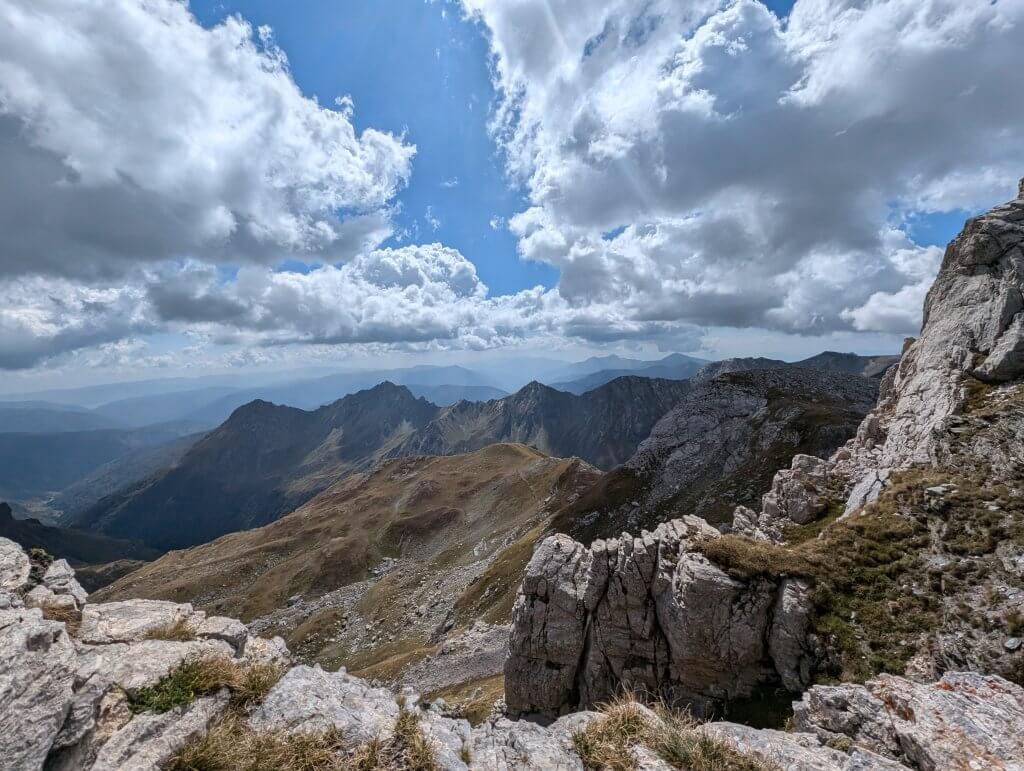
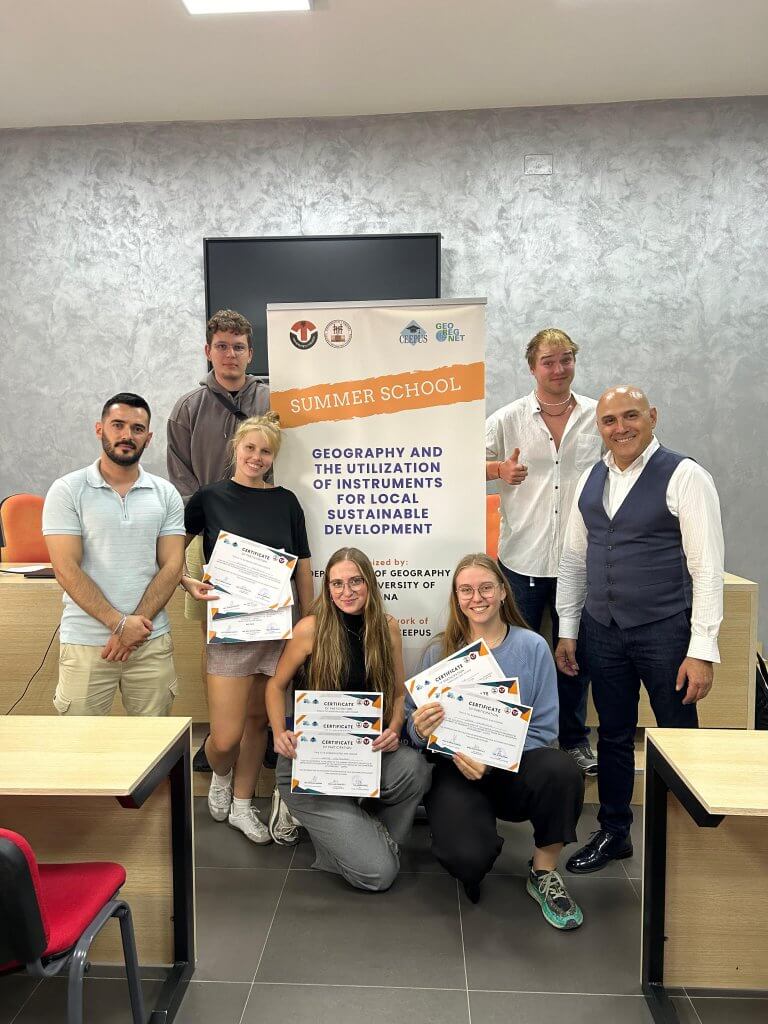
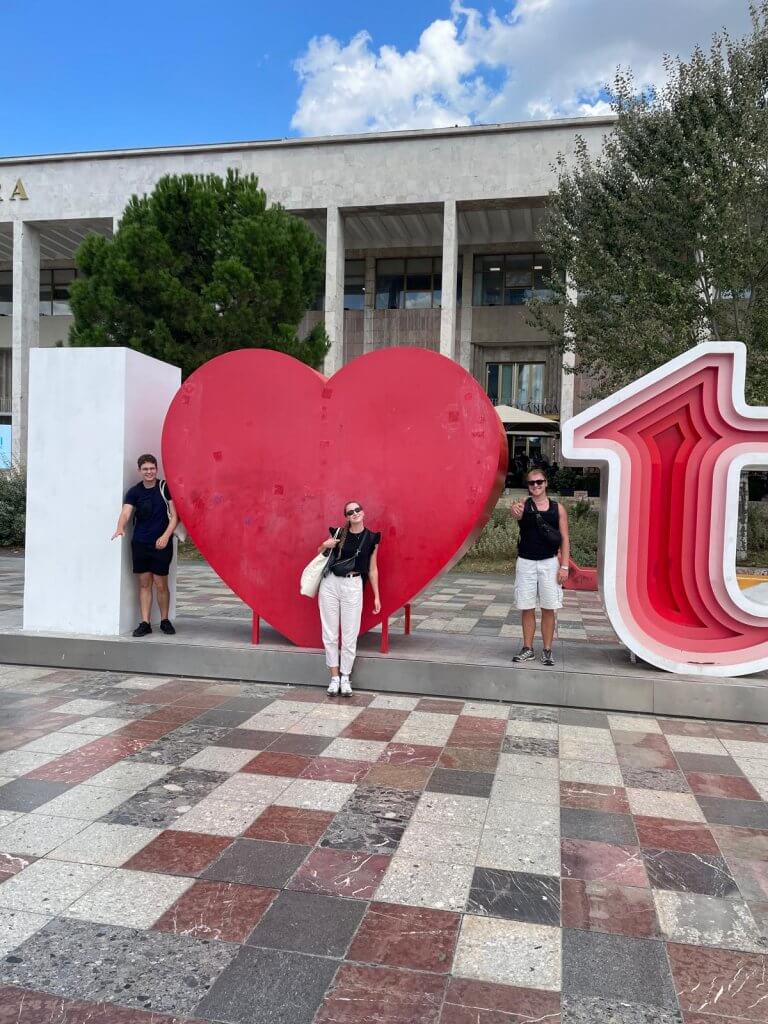
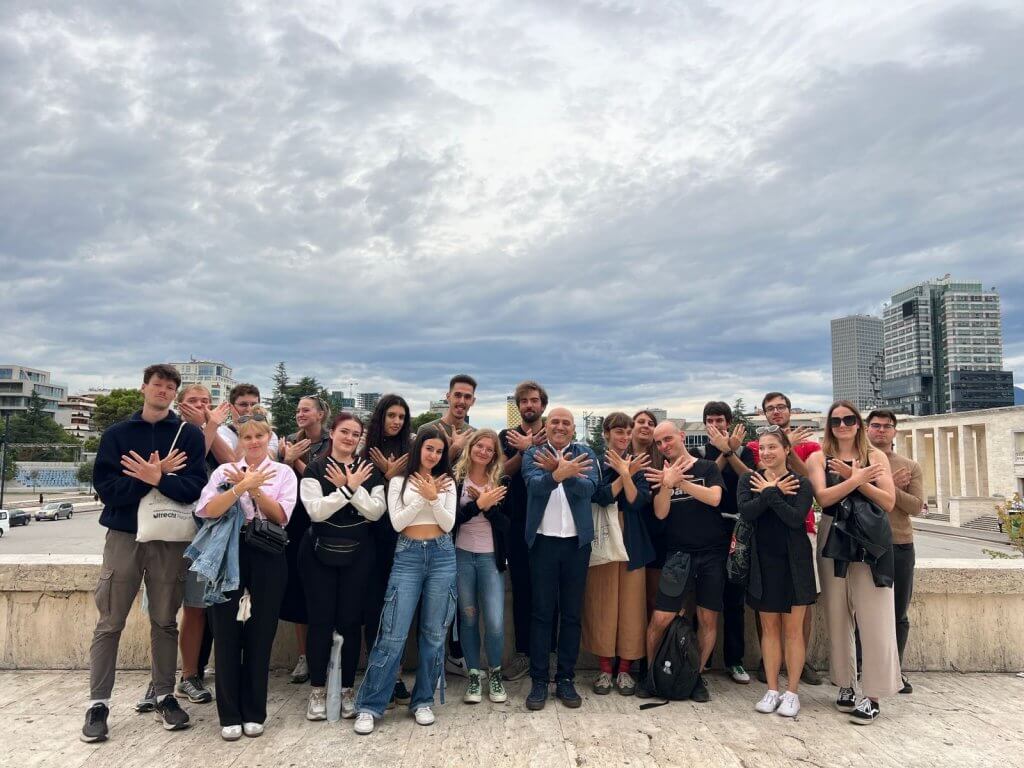
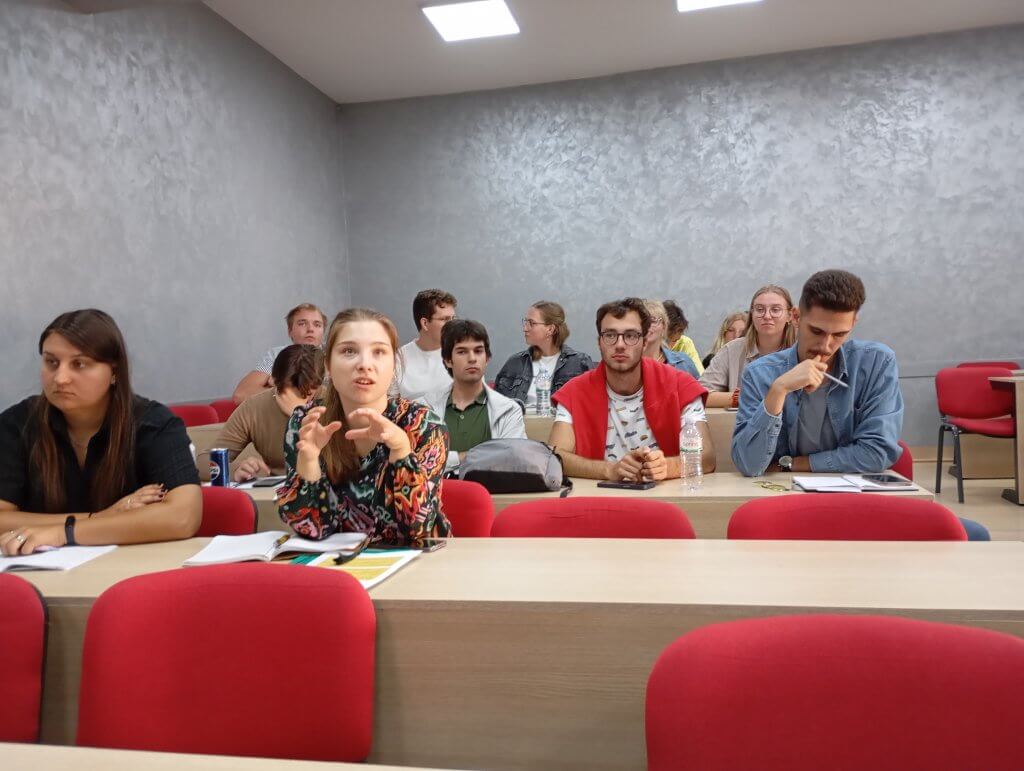
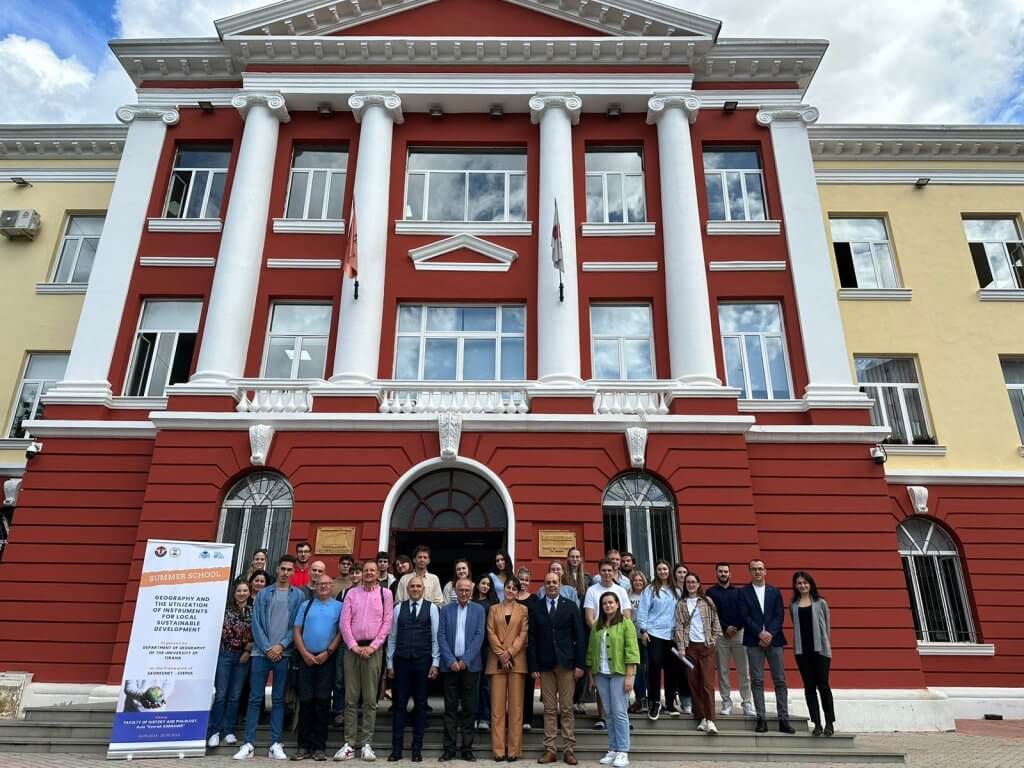
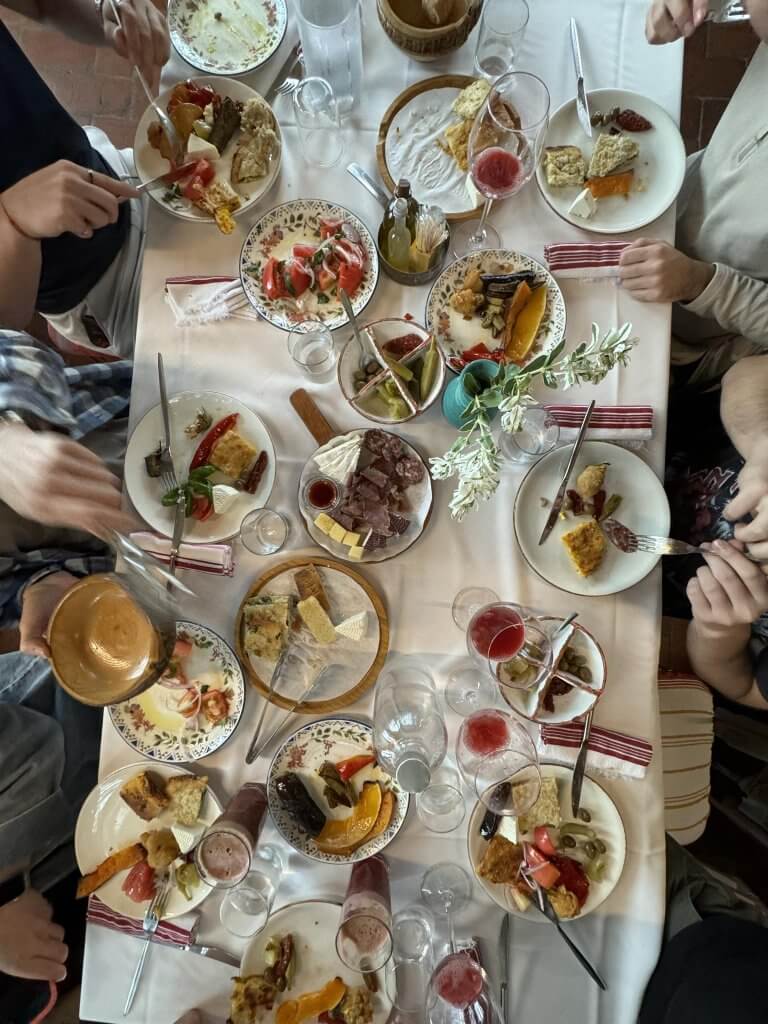
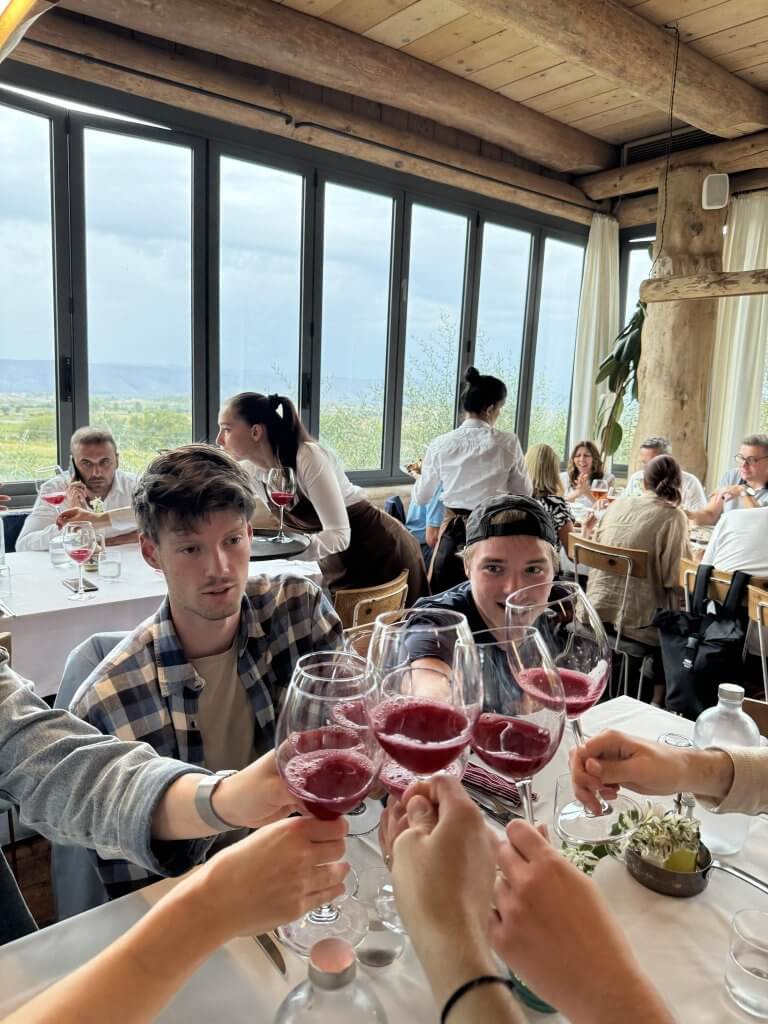
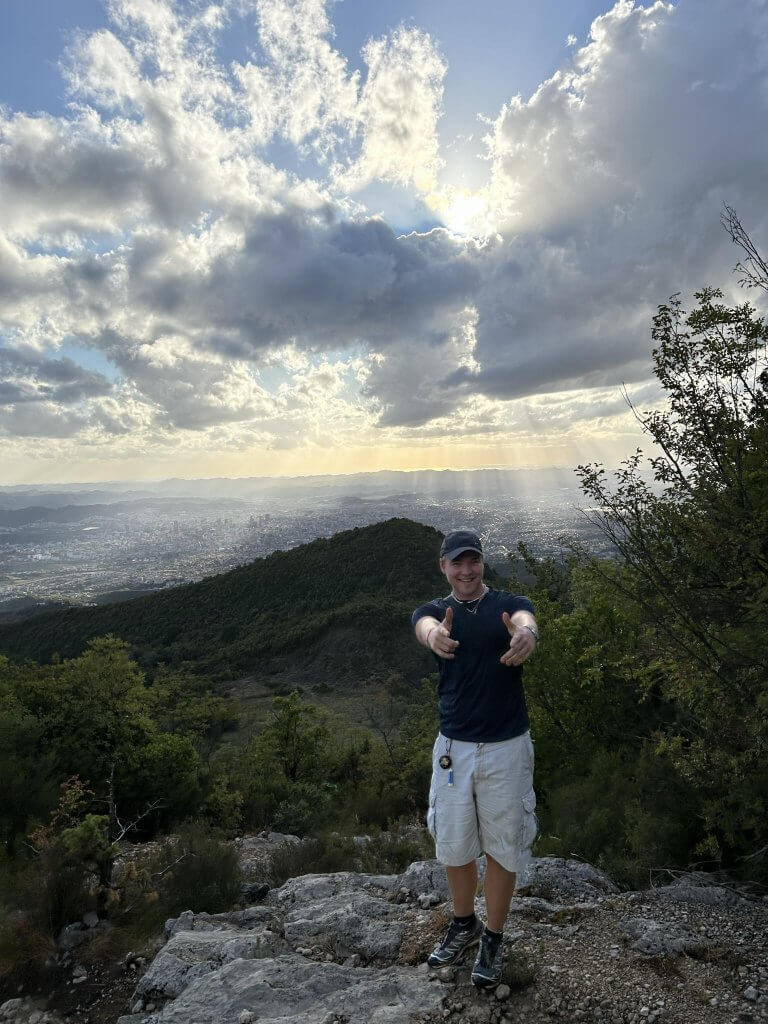
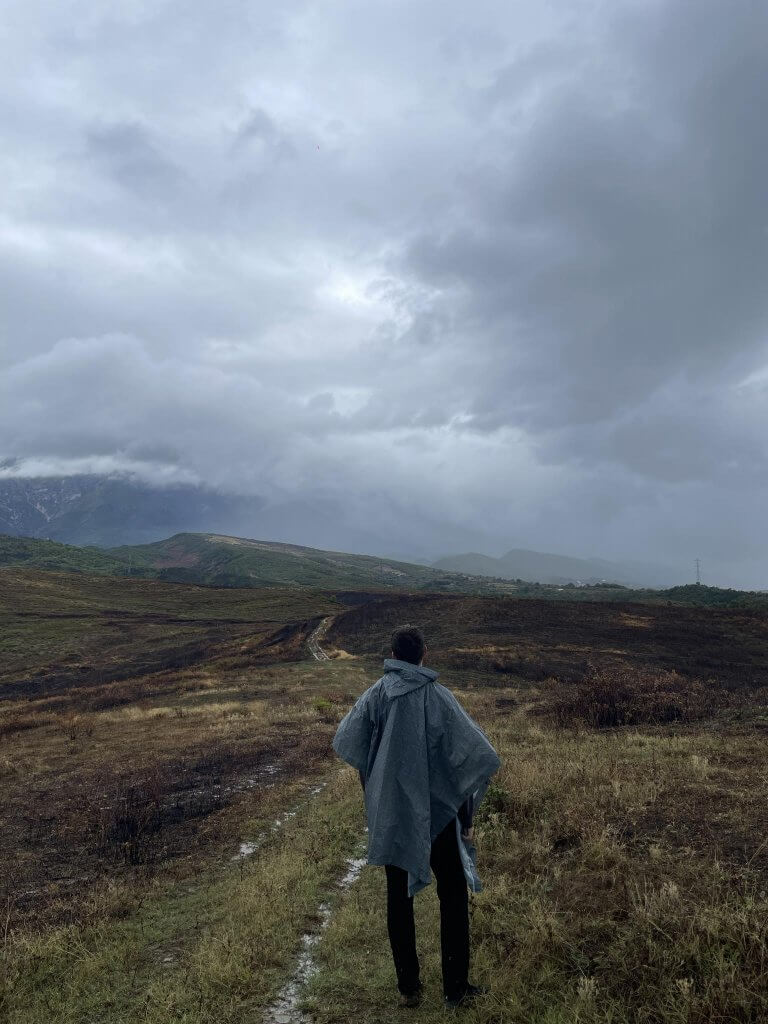
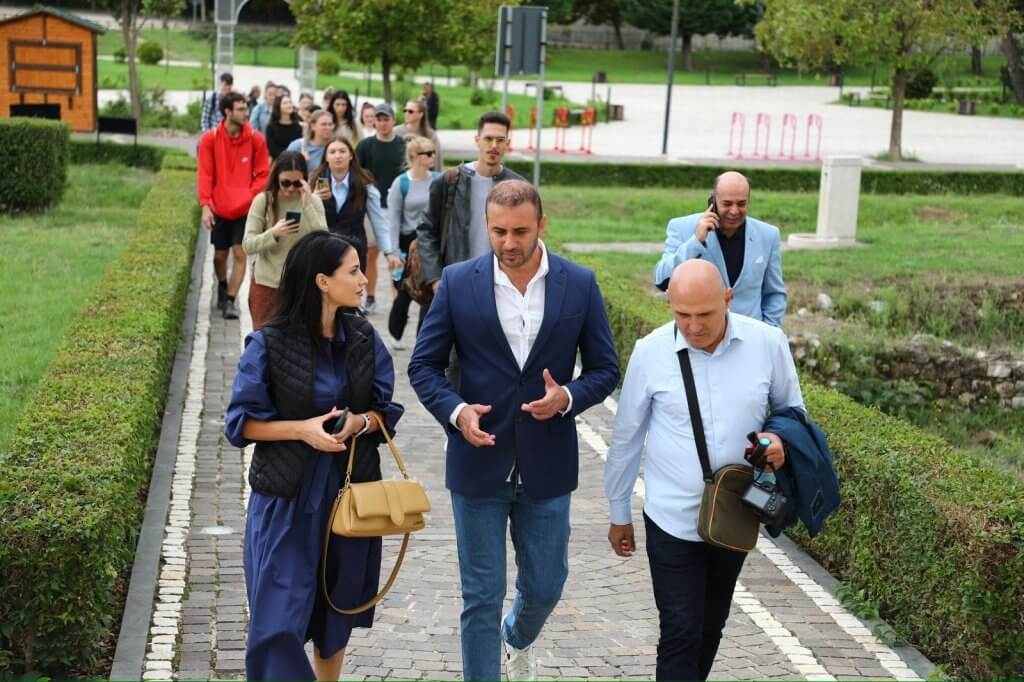
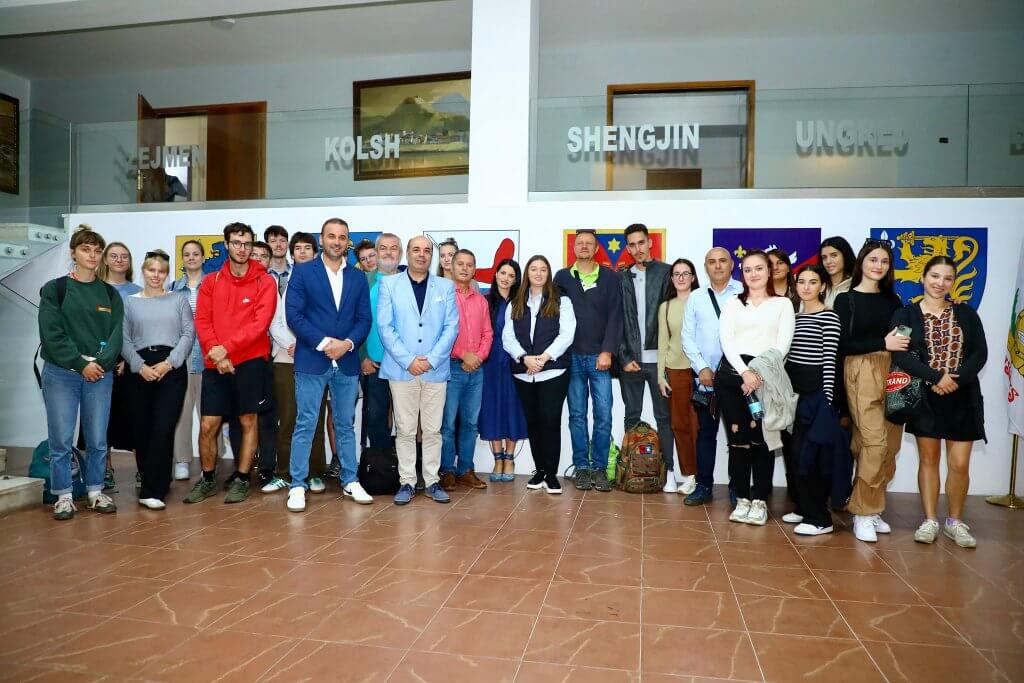
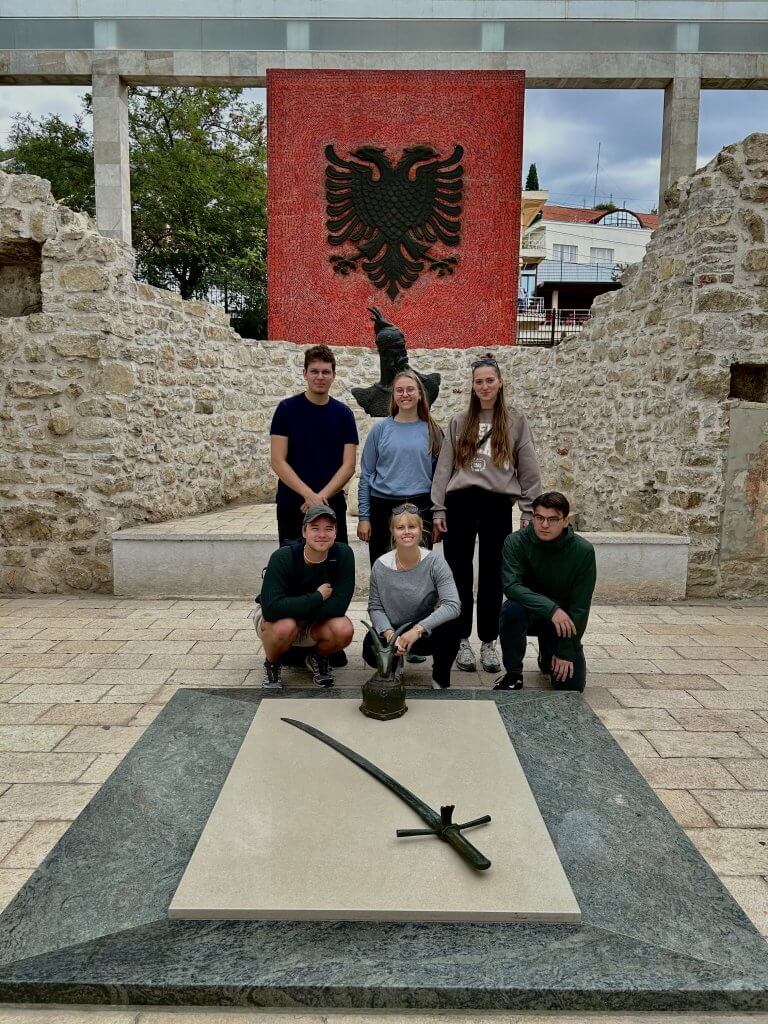
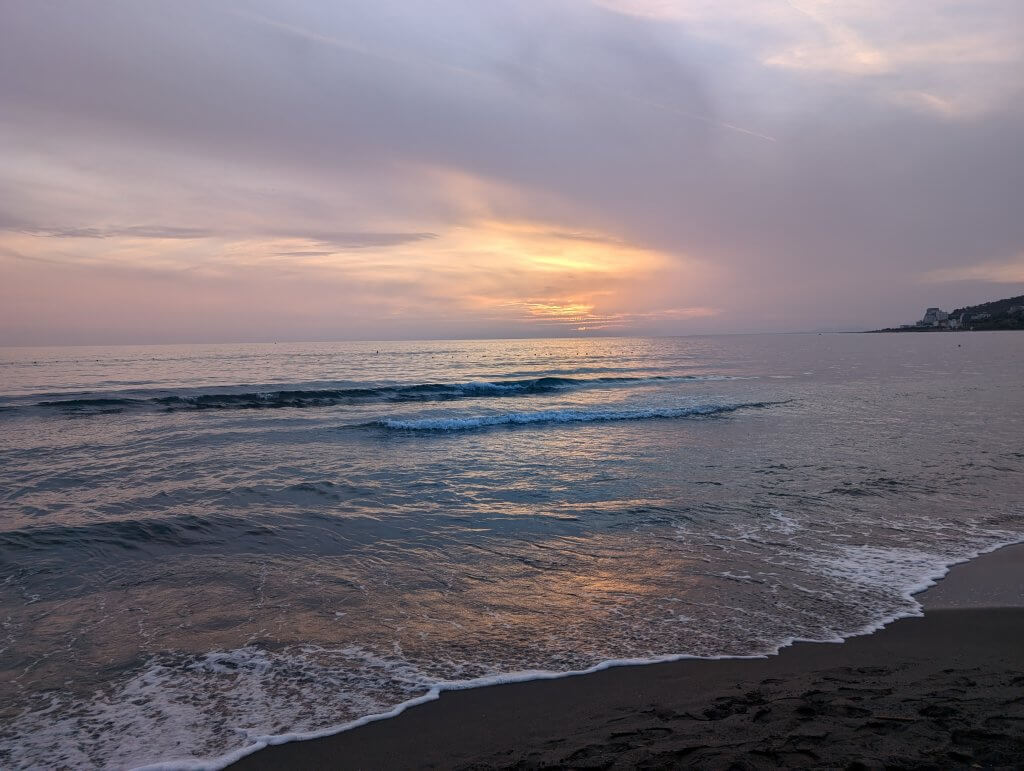
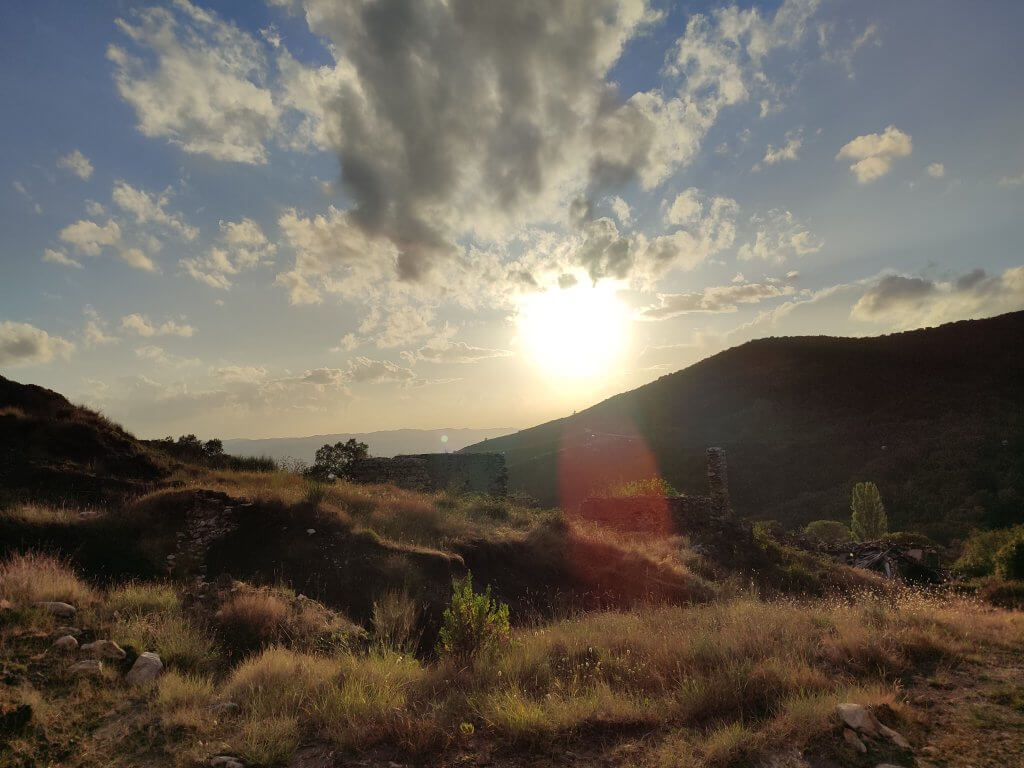
More news
-
Faculty of Regional Development and International Studies is once again continuing its long-standing Advent tradition and presenting a series of pre-Christmas charity collections. Every week of Advent, the Faculty will announce one charitable…1. 12. 2025
-
Foreign guests from Tanzania and Croatia visited Býčí skála with experts from…
Býčí skála, the second largest cave in the Czech Republic, became another stop for foreign guests from Tanzania and Croatia, who are staying at Mendel University in Brno this week as part of the Erasmus+ program. The visit was led by Professor…28. 11. 2025 -
Deal? Dýl? EKOFILM 51 Opens with a Bold Take on the Green Deal
Brno/Prague, 18 August 2025 What comes first: an agreement, or further delays? Nature won’t wait. Can we reach a deal in time? The planet will survive – but what about future generations? What kind of world will they inherit? The 51st EKOFILM…18. 8. 2025 -
FRRMS to Support Farmers in Georgia and Bosnia and Herzegovina
Brno, April 8, 2025 – The Faculty of Regional Development and International Studies at Mendel University in Brno (FRRMS) launched a new international project in March 2025 titled Family Farms in Short Food Supply Chains: Transferring Experience…11. 6. 2025 -
International Workshop on Family Farms and SFSC Strategies
📍 Dolní Věstonice, Czech Republic | 📅 July 7–11, 2025 This workshop offers a unique opportunity to exchange knowledge, build partnerships, and contribute to sustainable agricultural development in the region. From July 7 to 11, 2025, a five…11. 6. 2025 -
FRRMS to Support Farmers in Georgia and Bosnia and Herzegovina
Brno, April 8, 2025 – The Faculty of Regional Development and International Studies at Mendel University in Brno (FRRMS) launched a new international project in March 2025 titled Family Farms in Short Food Supply Chains: Transferring Experience…8. 4. 2025 -
Climate Adapt Forest Project Continues: Researchers Discussed Site Selection…
On January 17, 2025, a meeting of the researchers involved in the Climate Adapt Forest (CAF) project, supported by the Interreg Slovakia-Czech Republic program, took place. This project focuses on the adaptation of forest ecosystems to climate…29. 3. 2025 -
Launch of the Project “Bats and Mycobacteria: A New and Surprising Vector?”
At the Faculty of Regional Development and International Studies of Mendel University in Brno (FRRMS MENDELU), the kick-off meeting of a new research project funded by the Czech Science Foundation (GAČR) took place. The project is titled “Bats and…27. 3. 2025 -
Workshop for WAMPES stakeholders
An expert workshop with stakeholders took place within the project Incorporating the concept of ecosystem services assessment into future river basin plans - WAMPES. The project's principal investigators presented its purpose, objectives and…5. 3. 2025 -
Mendel University Opens "Islands of Discovery" Exhibit at VIDA! Science Center
Mendel University is opening the Islands of Discovery exhibit at the VIDA! Science Center, focusing on fascinating topics from both natural and social sciences. The exhibit invites children and adults alike to ask questions across various…17. 2. 2025